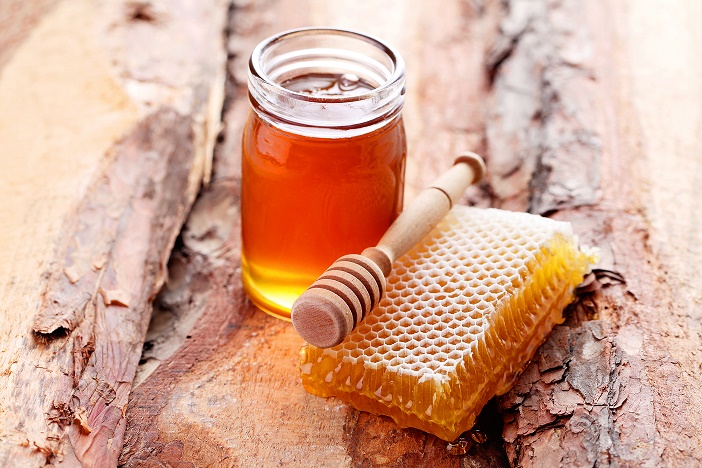The practice of feeding antibiotics to bees has become common as it prevents the spread of bacterial disease in bees. Antibiotics given to bees are similar to those given to human beings and most often the residues of these antibiotics remain in the honey meant for human consumption. When antibiotic contaminated honey is consumed on a regular basis it can build drug resistance. Residues of honey can only be detected in an approved honeytestinglab when honey samples are given for food testing.
Health Issues Caused by Antibiotics in Honey
According to the WHO antibiotic resistance has become a global health problemas common bacterial infections in human beings have become resistant to antibiotics. Besides drug resistance, antibiotic contaminated honey could lead to other blood related diseases and could even cause damage to liver and kidney. Since honey is most often given to children for its health benefits, regular consumption could cause teeth and bone problems also. Some antibiotics can even produce toxic reactions leading to allergies.
Regulatory Standards for Honey
Seeing that antibiotic resistance has become prevalent, most countries have regulatory standards for antibiotic residues in honey. Even the FSSAI has made amendments to the standards for levels of antibiotic residuesin honey in the Food Safety and Standards (Contaminants, Toxins and Residues) Regulations 2011.
All honey marketed in India has to be in compliance for which food testing in anapproved and certified honey testing laboratory has become mandatory to ensure antibiotic residues are within permissible limits.
Honey Exports and Compliance
India exports about 25,000 tonnes of honey annually to more than 42 countries including the EU, the Middle East and the US. Honey meant for export has to meet the standards of the Export Inspection Council.Food testing of honey carried out in food labs in the EU found Indian honey contaminated with prohibited antibiotics like nitrofuran and chloramphenicol. In the US, consignments of Indian honey tested positive for ciprofloxacin residue above permitted levels.Honey that does not contain pollen is also rejected. No food lab can give an accurate analysis unless pollen is present in the honey.
Why FSSAI Notified Honey Testing Laboratory is Required
When there were no standards for honey in India many foreign brands were selling antibiotic contaminated honey. However, now that there are standards all FBOs who import honey into India will have to provide evidence that the imported honey is in compliance with standards. Some countries, like Switzerland, UK and Belgium, have established Action Limits for antibiotics in honey between 0.01 to 0.05 mg/kg for each antibiotic group above which samples are deemed non-compliant.In India only food testing from an NABL certified testing laboratory that is notified by FSSAI for testing honey can accurately determine whether the honey is pure or contaminated. Since honey testing has become mandatory the food lab must analyse honey for national and international standards and be able to analyse antibiotic and pesticide residues and carry out pollen count accurately.





